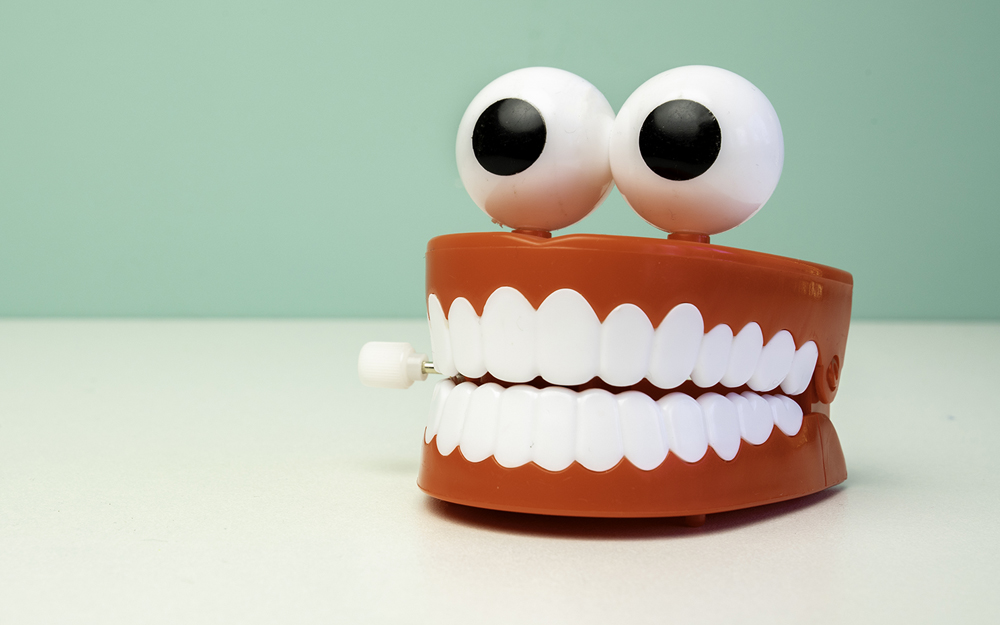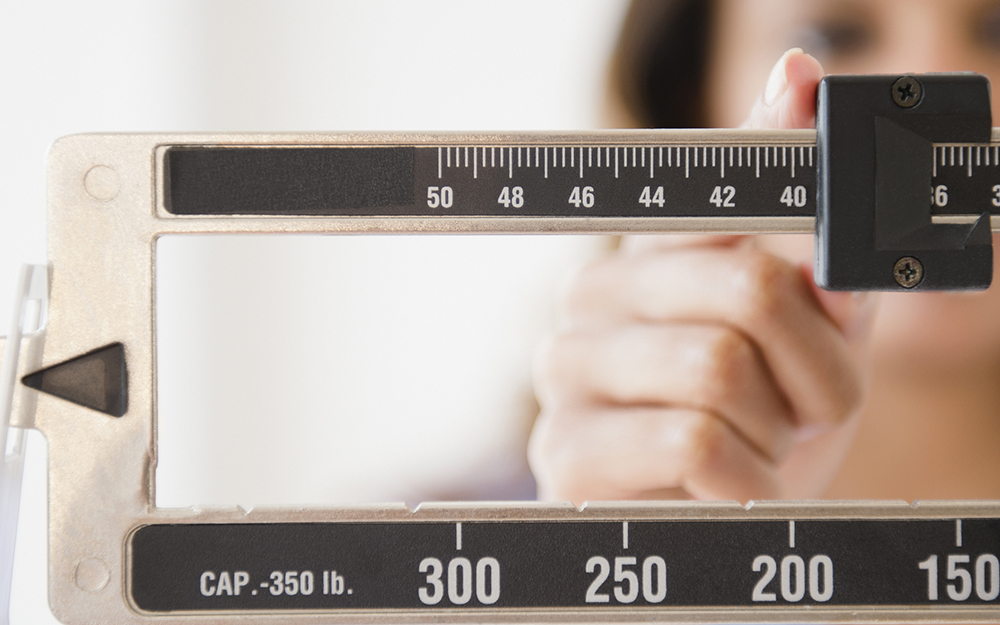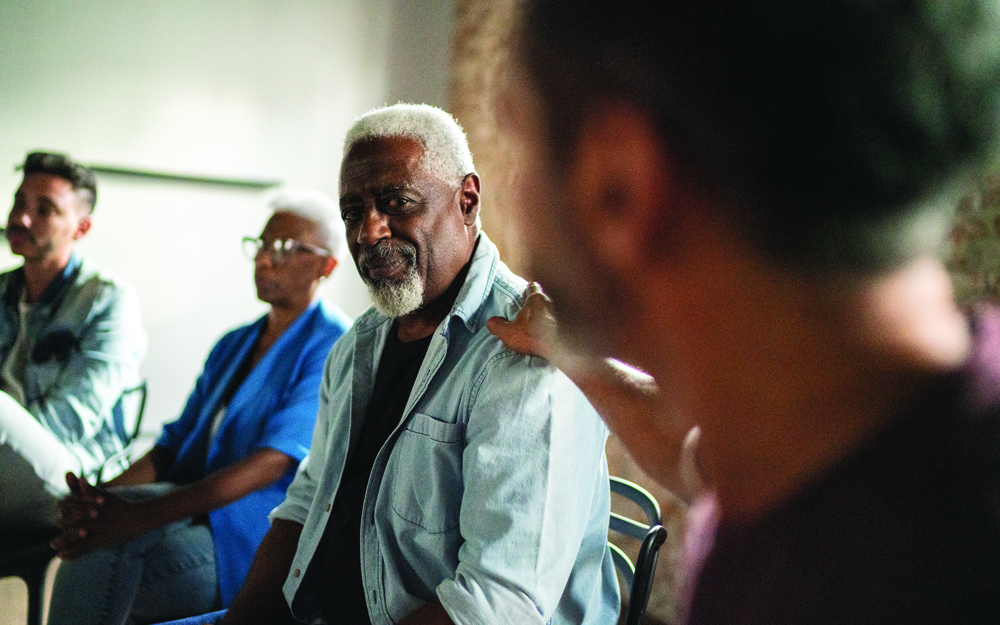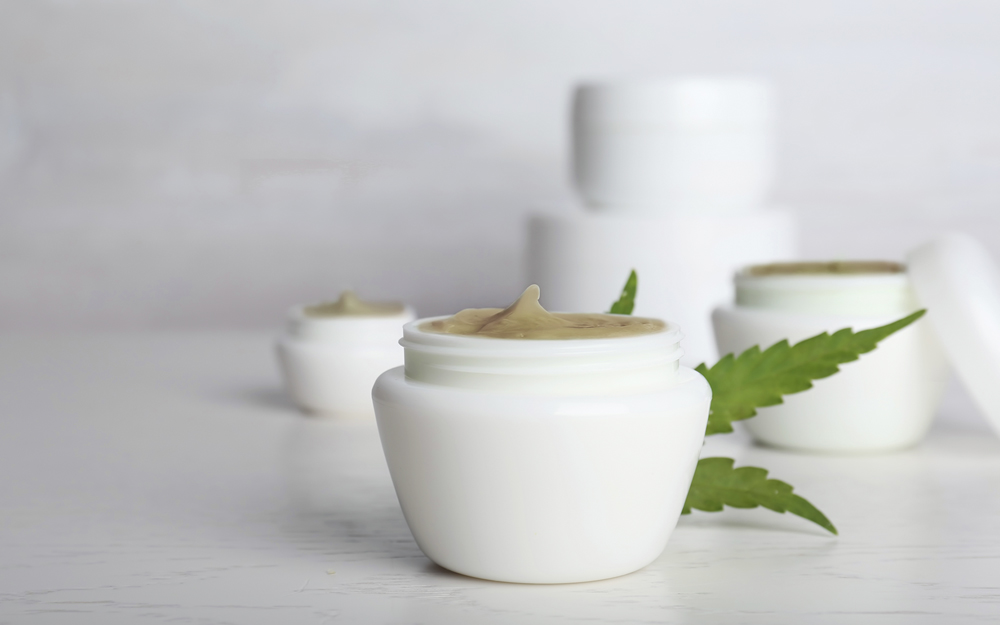Teeth Grinding: Causes, Treatments and Consequences
Date
January 6, 2020
Credits

Date
January 6, 2020
Credits
Medical providers featured in this article
In Brief
{{cta-block}}
If you find yourself clenching your jaw throughout the day, or you wake up with sensitive teeth, a sore jaw, or a headache, you might suffer from bruxism—grinding, clenching or gnashing of the teeth.
This teeth-grinding and jaw-clenching habit is a common condition that affects up to one-third of adults in the daytime and more than 1 in 10 in their sleep.
"We don't treat this strictly as a medical problem to be cured. We help the patient find the best ways to manage it."
People can develop bruxism as a reaction to stress or anxiety, but the habit often lasts through life's calmer periods—and it can wreak havoc on the body. But multipronged treatments can help patients find the source of bruxism to better manage and overcome it.
Dentist Katayoun Omrani of the Cedars-Sinai Pain Center and David Scott, a clinical psychologist, offer tips to help patients reduce the effects of the condition.
"Working together, we don't treat this strictly as a medical problem to be cured. We help the patient find the best ways to manage it," Dr. Scott says.
Why the grinding?
The cause of bruxism is unique to each patient, and doctors at the Pain Center work to determine whether physical, psychological, or genetic factors are at play, Dr. Omrani says.
Daytime clenching is usually triggered by stress, anxiety, tension, or even concentration. Nighttime grinding is sometimes related to hyperactivity, sleep apnea, or acid reflux, and can appear as a side effect of certain medications intended to treat depression.
Also, tobacco, caffeine, alcohol, and illicit drugs can increase teeth-grinding risk.
Impact
Bruxism can cause pain, tooth fracture, headache, and temporomandibular disorders (TMJ Syndrome): muscle problems of the jaw and joints that can inhibit chewing, cause a "clicking" noise, and restrict range of motion.
Usually, patients seek treatment when the pain spreads to the temples or ears, or if a dentist notices wear patterns on teeth consistent with persistent mashing.
"A lot of people don't realize they're grinding until they're told by a sleep partner or they develop migraines or wake up with sore muscles or stiffness," Dr. Omrani says.
Treatments
Dentists often outfit bruxism patients with nightguards (retainer-like instruments worn in the mouth overnight) to prevent damage to the teeth and mouth, but the device doesn't stop the grinding.
"It's not a magic bullet, and you really need to address the underlying cause," Dr. Scott says.
Based on the patient's specific symptoms and stressors, physicians may take the following approaches:
- Medication: Muscle relaxers can help relax the jaw and stop nighttime grinding. If you take certain antidepressants that put you at risk for teeth grinding, a doctor might switch your prescription to one that doesn't. A doctor might also start you on antidepressants (that don't come with the risk of bruxism) if the medication could help you cope with stressors that cause you to grind your teeth.
- Procedures: Botox injections paralyze the jaw muscles that are used during teeth grinding. Dr. Omrani says the treatment, though not approved by the Food and Drug Administration or covered by insurance, has been used since the 1990s and is safe, very effective, and doesn't change the appearance of the face.
- Behavioral strategies: Psychologists at the Pain Center work with patients to identify triggers and address them through stress management and relaxation training. Dr. Scott uses biofeedback to monitor muscle tension and to demonstrate the relaxing effects of calming techniques and stretches on the jaw, neck, and head.
In the Newsroom: Cedars-Sinai Expert: Try Non-Opioid Solutions to Pain Management
Dr. Scott says bruxism very often affects "type A" people, who tend to be more high-strung. Rather than attempting to completely reinvent oneself, though, he asks patients to separate the habit of teeth-grinding from the stresses that cause it.
"It's not about changing who you are or eliminating all sources of stress from life, but learning how to leave your body out of it," he says.





